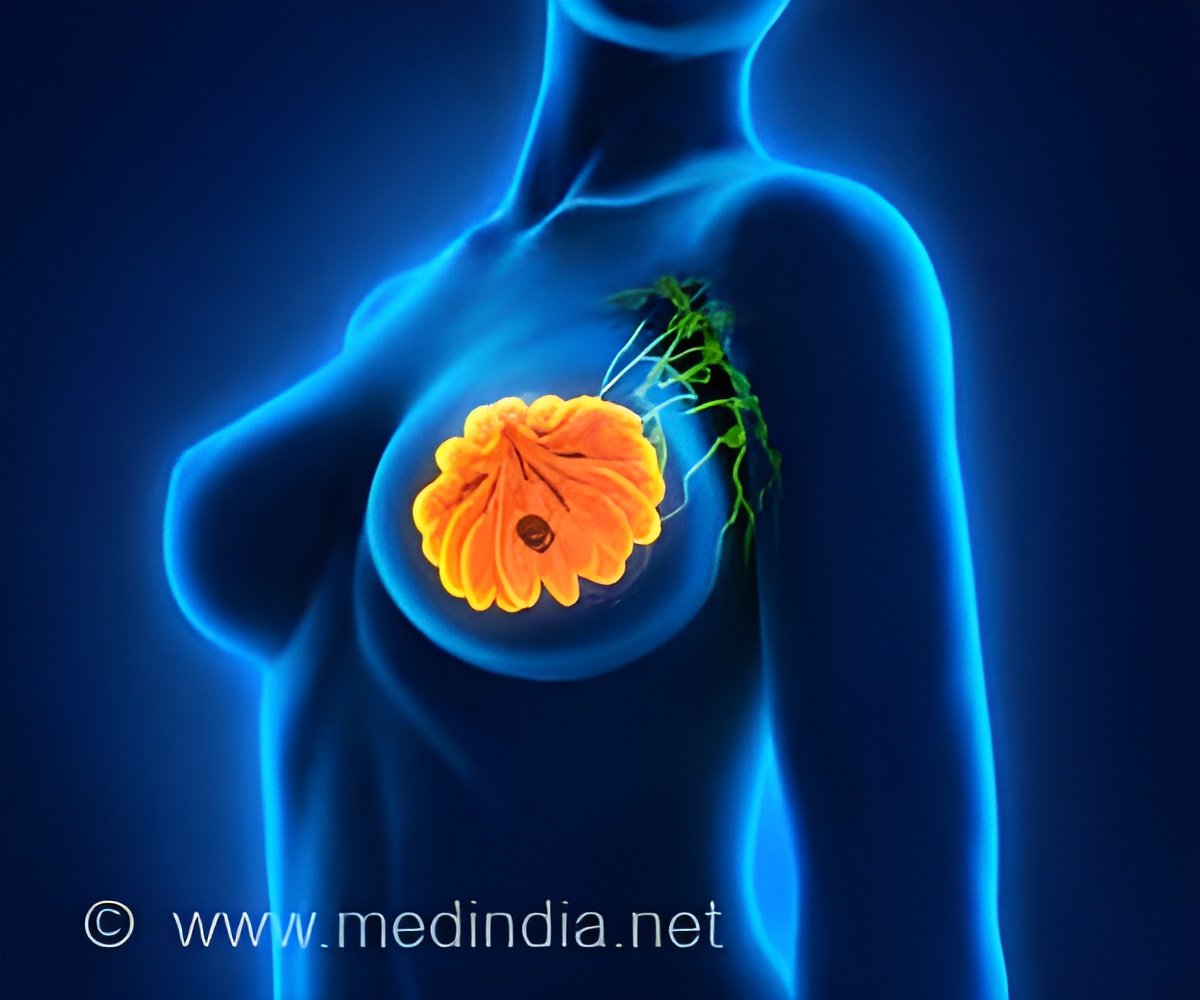A new study reveals that stiffening of breast tissue leads to breast cancer development. Several pathways work together to promote transformation of breast cells into cancer cells.

TOP INSIGHT
The findings of the study would lead to new strategies in treating patients and inhibiting the growth of tumors.
The study is part of a growing body of research showing that mechanical forces--not just genetic and biochemical signals--play a key role in the development and spread of cancer. In the past, researchers have found that modeling stiff tissue environments in vitro promoted tumor growth.
But these models often do not fully recreate what's happening in the body because they are static, Engler noted. "Tissue stiffening is a dynamic process. Mammary tissue doesn't just start out stiff, this is something that develops over time," said Engler.
So Engler's approach was to use a material system in which the stiffness could be tuned dynamically while cells are inside, and then see how the cells respond to that change in stiffness.
"We're trying to mimic the process of fibrosis during the progression of tumor development," said Jesse Placone, a postdoctoral fellow in Engler's lab and a co-first author of the study. "As a tumor site forms, the local stiffness of the tissue increases. And by modeling this dynamic stiffness, our system is significantly more representative of what happens in vivo."
They discovered that stiffening triggers multiple pathways that together signal mammary cells to become cancerous. Key players of these pathways include the proteins TWIST1, TGF-beta, SMAD and YAP.
The team also discovered that a subpopulation of mammary cells do not respond to stiffening. Engler says this is good news for women as fewer cells than previously thought may turn into cancer as a result of the environment alone. Such a result, if it translates to patients, could mean fewer or smaller primary tumors.
The team next plans to explore drug candidates to inhibit the pathways and study their effects on tumor progression. This research was done primarily on genetically controlled cell lines, so the team will follow up with studies on patient-derived cell lines.
Source-Eurekalert
 MEDINDIA
MEDINDIA




 Email
Email










